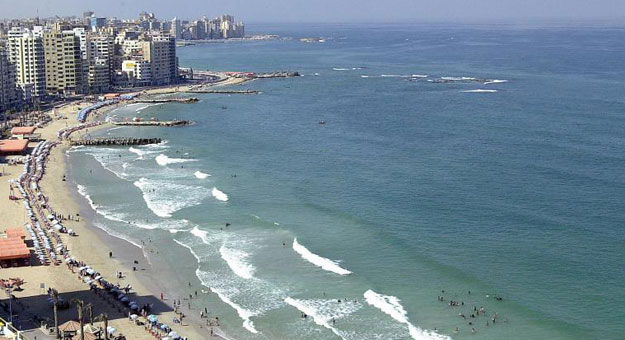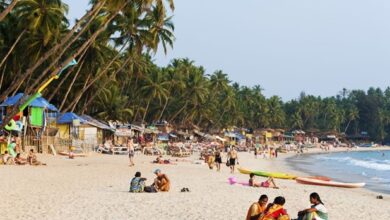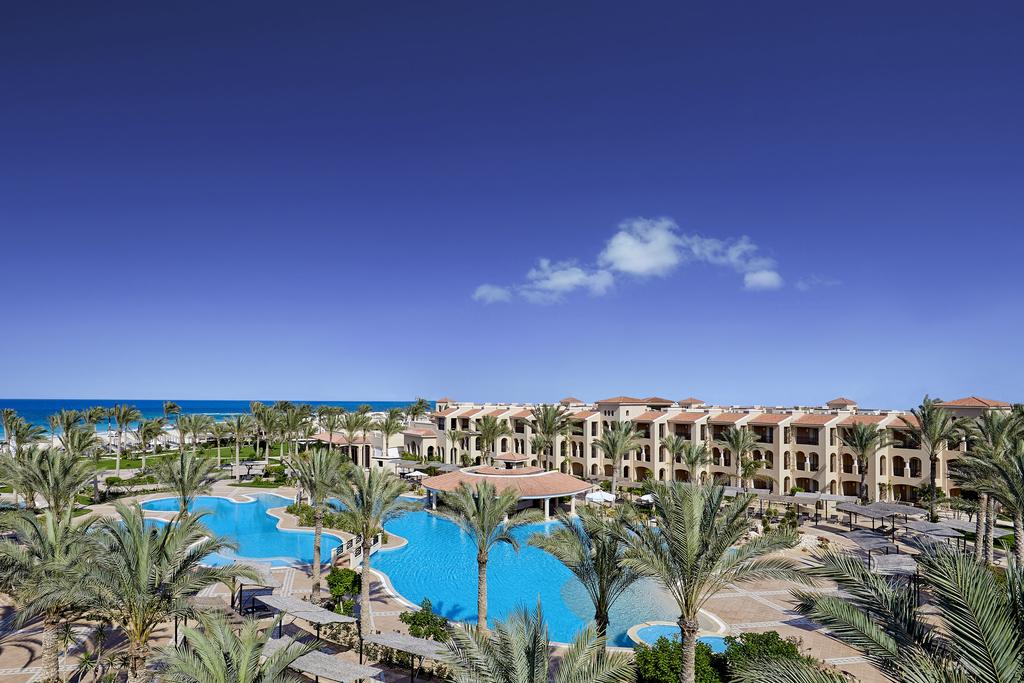Garden City is a calm, posh residential neighborhood located in the heart of town. One of its main veins of communication and transportation is Amrika al-Latinia Street. The street, where both the American and British embassies are located, has remained blocked for ten years, severing passersby from its little shops.
Within the last couple of years, the street’s name was changed from Amrika al-Latinia to Tawfik Diab Street, a fact which remains unknown to many.
It begins at the intersection of Ibrahim Naguib and Ahmed Ragheb Streets and leads all the way to Simon Boulevard Square, linking Garden City to Qasr al-Nil Bridge, which crosses the Nile and connects with Zamalek and Dokki, also upscale districts like Garden City.
There are several hotels in Garden city – the Kempinski, the Four Seasons, and Semiramis Intercontinental – in addition to the Canadian and the Sudanese Embassies.
The street is blocked in the middle with metal fences and obstacles to prevent cars from passing. Police and army units are located at its beginning and end, and there are several patrol cars along the way.
La Poire Patisserie and Café occupies the basement of an old building. In a neighborhood where businesses operate mainly through home delivery, only a few corporate executives and bankers enjoy morning coffee in the comfort of this café.
As you walk along, you’ll find an intersection at Lazoghly Street, an important vein linking the Nile Corniche street on one side of Garden City with Qasr al-Aini street, with its array of parliament, ministries, and other government buildings on the other.
On your left is Isis Supermarket, the biggest in Garden City, and a number of shops that shuttered after their owners went bankrupt.
Moving along, you arrive at Karnak Bazaarone, one of the street’s landmarks. The enormous gift shop, 580 meters long, opened in 1959 and is owned by Hisham al-Gabry. The dusty gallery, now a warehouse, recalls glory days long gone. The walls are adorned with black and white photos of Frank Sinatra, Mickey Rooney, John and Jacqueline Kennedy and congressmen from the sixties and seventies. “The American Embassy was the reason behind the glory of this place and its downfall,” explains Gabry.
He claims that he visited the former ambassador twice to ask for a solution, but was told that the embassy is not responsible for the tight security measures. “I just want to work again,” says the man desperately.
Eight years ago, a number of shop owners sued the Egyptian government, but nothing happened. The verdict is always postponed for unknown reasons, explains the bazaar owner. “I’m lucky if I make two or three transactions a year. Because I own the place, I didn’t go bankrupt; my neighbors had to pay rent for their shops,” says Gabry.
The shop owners want government compensation. The case is ongoing, and the verdict was postponed again last week.




